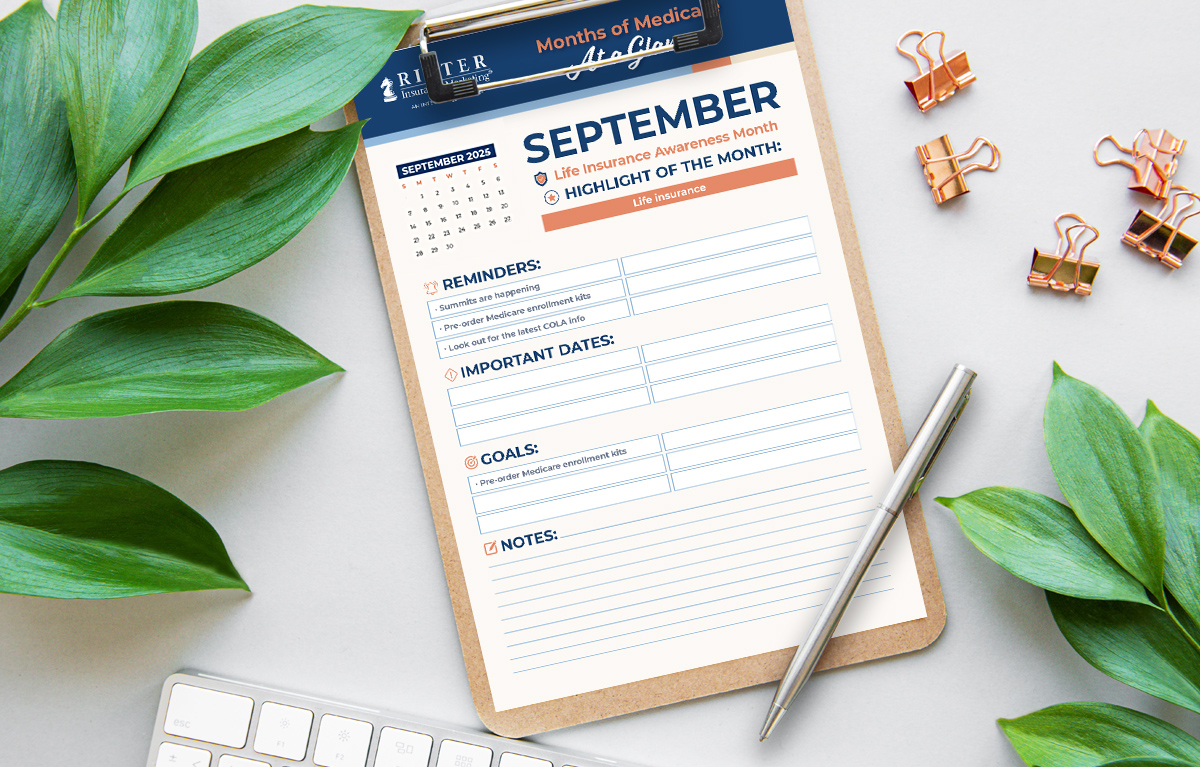Sight. Hearing. Taste. These three wonderful senses help people of any age perceive, interact with, and experience the world in full.
However, the body parts that allow us to enjoy these faculties are not immune to the general wear and tear associated with aging. They, along with the magnificent capabilities they enable, tend to deteriorate as we get older.
According to the National Institute on Deafness and Other Communication Disorders, 22 percent of adults ages 65 to 74 and 55 percent of adults ages 75 and older have disabling hearing loss. The U.S. Centers for Disease Control and Preventation (CDC) believe vision loss is a public health problem, stating 3.4 million to 21 million Americans ages 40 and older are blind or visually impaired in some way and 80 million Americans have diseases that can cause blindness. Moreover, the CDC reports that, of adults ages 65 or older, 20.2 percent have untreated dental caries and 13.2 percent have complete tooth loss.
The Problem
Many young and middle-aged adults don’t have a problem obtaining dental, vision, and hearing (DVH) insurance since employers usually offer some form of it. However, older adults, the ones who arguably need it most, can have a harder time finding DVH coverage. Medicare.gov states that, “In most cases, Medicare doesn’t cover dental services like routine cleanings, fillings, tooth extractions, or items like dentures.” Furthermore, after analyzing a total of 6,333 Medicare Advantage plans held by more than 27 million beneficiaries in 2023, researchers found that only 8.4 percent of the plans offered a dental benefit that met quality standards on par with employer-sponsored plans.
Obtaining DVH coverage can be more difficult for seniors because their primary option for major medical insurance could leave something to be desired when it comes to coverage of routine or preventative care for certain faculties. If something goes wrong with one’s teeth, eyes, or ears, it could affect the way he or she eats, speaks, or distinguishes danger, among other things. And, poor oral health can lead to even more health problems. For example, it has been associated with increased cardiovascular disease risk.
Obtaining DVH coverage can be more difficult for seniors because their primary option for major medical insurance could leave something to be desired when it comes to coverage of routine or preventative care for certain faculties.
It’s evident receiving preventative, routine, and immediate DVH health care is critical to one’s overall well-being, regardless of his or her age. However, if seniors don’t have dental coverage, they’re less likely to go to the dentist; and dental care postitively impacts oral health.
The Solution
Cross-selling DVH products allows you to give seniors an affordable way to help fill in the gaps and get the coverage they need. It also gives you a way to get your foot in the door with clients so you can eventually talk to them about their primary coverage. Furthermore, having DVH plans in your portfolio presents a good deal of other perks.
Selling DVH products can open your business to unique insurance client referrals and builds your client base for AEP.
For starters, DVH policies can be easy to write as there’s no underwriting required and the benefits may be simple to review. Another great feature is that you can write DVH policies anytime throughout the year. What’s more, selling DVH insurance products allows you to open your business up to unique insurance client referrals and build your client base for the Annual Enrollment Period. And getting Medicare leads is quick and easy with IntegrityCONNECT Leads.
The senior market may offer more opportunity now than ever to manage a growing business. But, many agents overlook the advantages of offering this much-needed and important form of coverage. Stand out from the competition by offering what others aren’t and put increased success in your line of sight.






Not affiliated with or endorsed by Medicare or any government agency.
Share Post